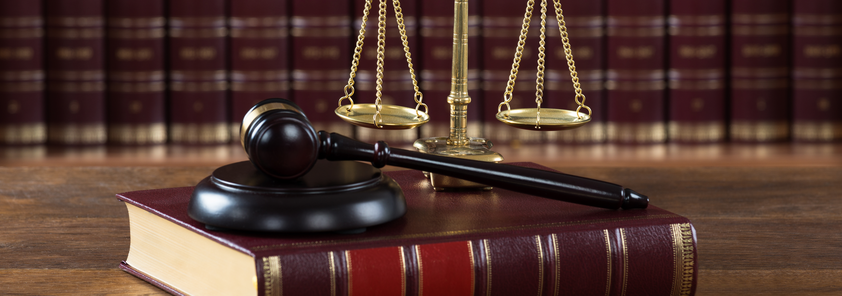Two recent Federal Circuit orders have provided answers to certain venue-related questions that have arisen in patent cases.
Alien corporate defendants remain subject to venue in any judicial district
In In re: HTC Corporation, No. 2018-130, HTC Corporation, a Taiwanese company with its principal place of business in Taiwan, filed a mandamus petition asking the Federal Circuit to dismiss for improper venue a patent lawsuit brought against it in the District of Delaware. The Federal Circuit on May 9, 2018 denied the petition, reaffirming the Supreme Court’s “long-established” ruling in Brunette Machine Works, Ltd. v. Kockum Industries, Inc., 406 U.S. 706 (1972) that “suits against aliens are wholly outside the operation of all the federal venue laws, general and special,” and thus that venue over alien corporate defendants in United States patent cases is proper in any judicial district.
The Federal Circuit rejected HTC’s argument that Congress abrogated Brunette in its 2011 amendments to the general venue statute (28 U.S.C. § 1391(c)). The Federal Circuit explained that there was no indication that Congress intended to do so through those amendments, and moreover that abrogating Brunette would under certain circumstances result in a “complete inability for a patent owner to bring its infringement claims against alien defendants.”
When a defendant moves to dismiss for improper venue, the burden of proving that venue is proper rests with the plaintiff
In In re: ZTE (USA) Inc., No. 2018-113, ZTE (USA) Inc. filed a mandamus petition asking the Federal Circuit to dismiss for improper venue a patent lawsuit brought against it by American GNC Corporation in the Eastern District of Texas. The Federal Circuit on May 14, 2018 granted mandamus to answer two “basic” and “undecided” venue-related questions: (i) whether Federal Circuit or regional circuit law governs the burden of proof for determining the propriety of venue under the patent venue statute (28 U.S.C. § 1400(b)); and (ii) which party bears the burden of proving that venue is proper under that statute.
As to question (i), the Federal Circuit held that Federal Circuit law controls the burden of proof, explaining that the propriety of venue under § 1400(b) is an issue “unique to patent law” and that, “because all appeals in cases in which § 1400(b) is implicated will come to this court, adopting a uniform law on the burden obviates any uncertainty at the district court as to whether to apply regional circuit or Federal Circuit law.”
As to question (ii), the Federal Circuit held that, “upon motion by the Defendant challenging venue in a patent case, the Plaintiff bears the burden of establishing proper venue.” While the Federal Circuit acknowledged that there was no Federal Circuit law addressing this question, the Federal Circuit noted that other circuits, prior to the formation of the Federal Circuit, uniformly had placed the burden on the plaintiff in patent cases following a motion by the defendant challenging venue. The Federal Circuit further explained that § 1400(b) is “intended to be restrictive of venue in patent cases” and that the “intentional narrowness” of that statute “supports placing the burden of establishing proper venue on the Plaintiff.”
The Federal Circuit vacated the district court’s denial of ZTE USA’s motion to dismiss for improper venue, and remanded to the district court with instructions to reconsider the motion, “placing the burden of persuasion on the propriety of venue on American GNC.”



